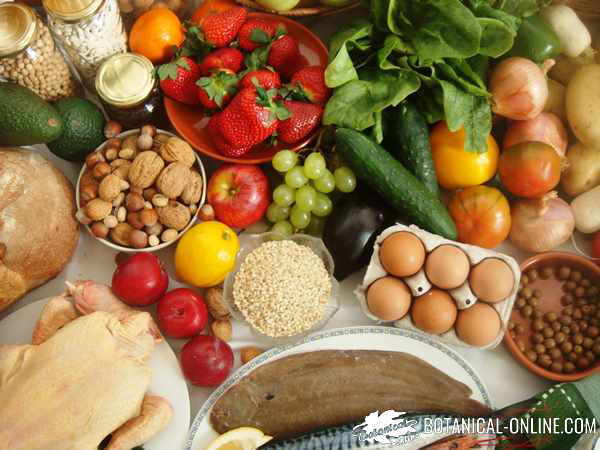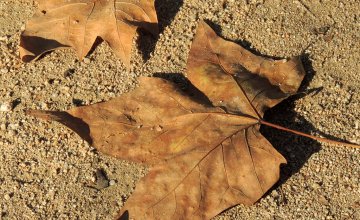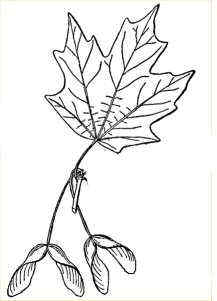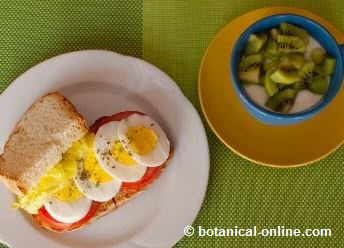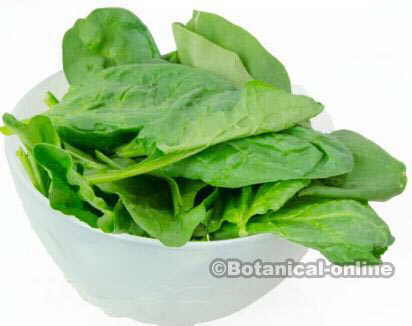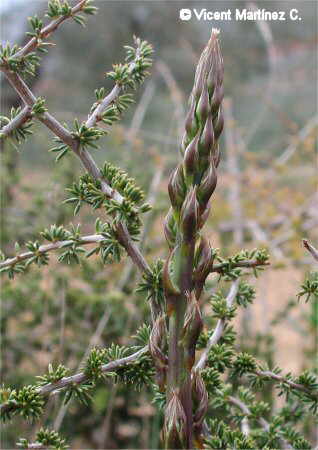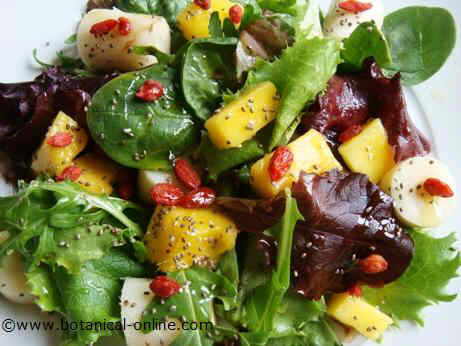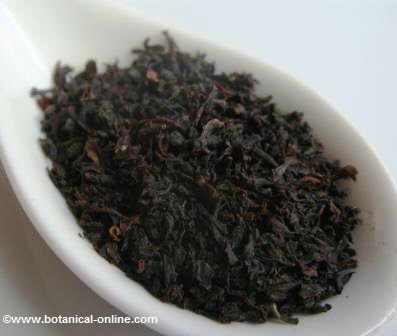Harmful diet for intestinal flora
HARMFUL FOOD TO INTESTINAL MICROBIOTA
What damages the intestinal flora?
The Intestinal flora correct name is intestinal microbiota. Intestinal microbiota is composed of a series of microorganisms that act in symbiosis providing us numerous health benefits each day are discovered.
We know that the intestinal microbiota is responsible for some health disorders, mainly related to intestinal discomfort and even mood. Do we know what we can do to improve it? What can harm it?
Harmful diets for microbiota
Microorganisms in our intestines feed o fiber we consume in the diet, mainly of carbohydrates, starches and fibers.
Restrictive diets without foods that provide starch or complex carbohydrates, such as Atkins or Dukan type diets, are very harmful to the intestinal microbiota because they do not provide sufficient fermentative starches and fibers.
To repopulate the intestinal flora we can NOT follow a diet without carbohydrates, as for example in many unbalanced diets diet such as slimming diets or lean body diets.
Very fatty foods harm the intestinal flora
Ingestion of high fat foods produces a deterioration of the microbiota, which is sensitive to excessive dietary fat (fried, pastry, cream, cakes, sausages, chips, snacks, cookies, etc.).
Foods high in fat or very large meals stimulate bile secretions, which are released into the intestine. These juices are irritants in high doses and can cause diarrhea or stomach ache. Diarrhea imbalances intestinal flora.
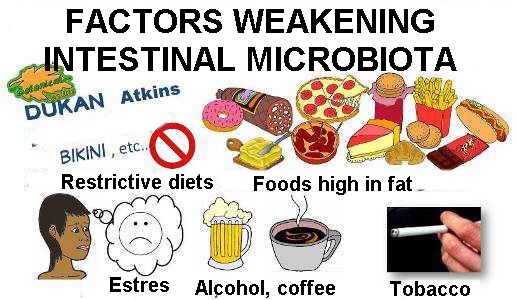 Harmful or debilitating food for intestinal microbiota, or flora
Harmful or debilitating food for intestinal microbiota, or flora
Harmful food for microbiota
- Alcohol and tobacco are very harmful to the intestinal microbiota, in addition to its toxic effects on the body.
- Wheat bran: It has strong irritant and laxative effects, this is not advisable for insoluble fiber supplement this diet.
 The type of cereals that appear in the image (sticks fiber wheat bran) ARE NOT SUITABLE because they are very irritating laxatives.
The type of cereals that appear in the image (sticks fiber wheat bran) ARE NOT SUITABLE because they are very irritating laxatives.- Coffee and chocolate: They have a strong laxative effect which does not help normalize the intestinal bacterial flora and rhythm.
- Eating lots of animal protein: Excessive consumption of foods rich in protein stimulates the growth of enterobacteria in the gut, that is to say, harmful bacteria that produce toxic substances such as heterocyclic amines.
- Normally, proteins are digested in the stomach, although it is estimated that when there is a high consumption of these proteins reach the colon intact. That is when they are susceptible to this anaerobic fermentation.
- Allergies and intolerances: Food allergies can aggravate the intestinal flora due to the strong immune response in the intestine or the Indigestibility of components (gluten, wheat, lactose, etc.).
- Additives: Such as nitrates and nitrites, causing the formation of nitrosamines in the intestine. These components are abundant in processed meats such as sausages, ham and bacon.
Herbal remedies that harm the microbiota
Antibiotic treatments are necessary to eliminate possible parasites, harmful bacteria or other microorganisms that might be causing this involvement. If taken, it must always be under medical advice and one should never self-medicate.
However, these treatments also weaken our own microbiota or intestinal flora. For this reason we recommend taking probiotic supplements after these treatments.
Remedies with laxative infusions (senna, cassia, cascara) used regularly produce imbalances in the gut and are not recommended.
Stress and intestinal microbiota
Alterations in the microbiota can result from stress, situations of nervousness, anxiety, sadness, anger, anxiety or depression. Chemicals produced by the brain to a stressful situation cause diarrhea or worsening of symptoms in case of diseases such as irritable bowel syndrome, Crohn’s disease, etc.
In these cases it is important to normalize the bowel habits and practice relaxation techniques, sports, etc.
* Related information:
– How to improve intestinal flora
![]() More information on probiotics.
More information on probiotics.

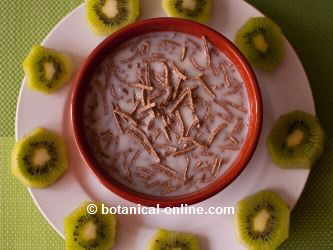 The type of cereals that appear in the image (sticks fiber wheat bran) ARE NOT SUITABLE because they are very irritating laxatives.
The type of cereals that appear in the image (sticks fiber wheat bran) ARE NOT SUITABLE because they are very irritating laxatives.